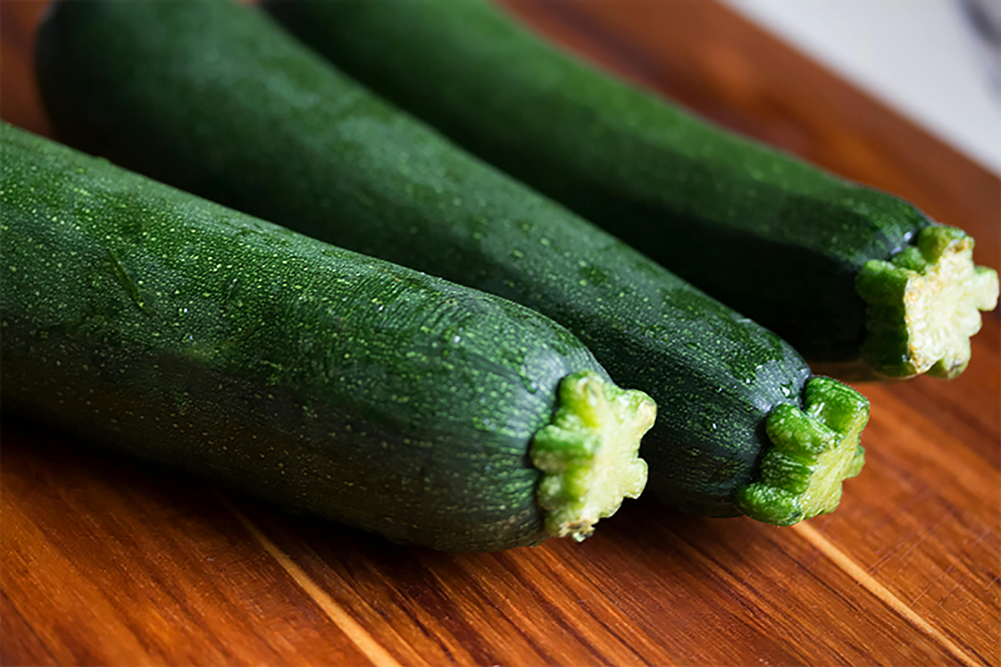Are scented candles good for you?
Welcome. I’m so excited to join the WellBeing family with a column I hope will help you with the choices you make.
What does it mean to be “conscious”? The dictionary tells us, “1. The inner sense of what is right or wrong in one’s conduct or motives, impelling one toward right action. 2. The complex of ethical and moral principles that controls or inhibits the actions or thoughts of an individual.”
Some might argue that consciousness is hard, that ignorance is bliss, and to be aware of everything that’s “in stuff” brings with it a sad reality. What if, though, in our awareness and taking the time to connect with the sad truth of some things, we can then go about shaping a new truth — a sweeter one where we help to grow choices and practices that do right by people and planet?
Switch to buying gorgeous plain beeswax candles. Their gentle honey scent is so comforting and bees enjoy being busy.
It’s a crazy world but it doesn’t have to be. People won’t make what we don’t buy, so there’s a delicious power in the simple switch for the better — which is sometimes not to buy at all. So, where to start?
How about a look at the average scented candle? Candles. Ah, the romance, the calm, the relaxation … the potential minefield of synthetic ingredients damaging to us and the planet. Oh, dear. It may seem I’m failing already on my promise to make conscious exploration a beautiful thing. Stay with me. We need to learn a little hard stuff to get to the sweet stuff.
Now, there are two things about mainstream scented candles that are worth questioning, whatever their price tag may be.
Pitfalls
Fragrance
Most scented candles are perfumed with synthetic fragrance. The trouble with synthetic fragrances is that they almost always contain phthalates, chemicals that help things “stick” for a long time. You know when the scent lingers with you throughout the day on your clothes and in your hair? That’s success according to the chemist, the marketer and us, but it’s doing another job as well: it’s fiddling with your hormones. As if it weren’t hard enough for our hormones to stay in balance for optimal health, phthalates can fool them, mimic them and block their production to varying degrees. A little red flag there?
Wax
First, there’s the issue of cheaper candles often being made with paraffin wax from petroleum and contributing to indoor air pollution. Second, I can’t tell you how many times I’ve seen a candle described as “All Natural Soy Wax” to then discover it was genetically modified soy. While genetic modification demands a three-volume book series of its own to explain why it’s not a great thing, suffice to say that such candles not only fiddle with our hormones but also potentially hurt soil health and biodiversity and contribute to super-pests that are becoming resistant to pesticides. I’ll take my relaxing candlelit bath without that on my conscience, thanks, right?
What to do
We can’t have known if we were never shown. I always say there’s little use in feeling guilty about something you didn’t know when it’s far more useful to get excited about what you might change from today. This is where being a conscious person is fun and empowering. Sure, you’ve learnt something hard. Maybe you loved that candle, but ask yourself: how on earth do burnt fig and caramel get put into a candle? Does burnt fig even smell like anything? When you eat a real butter caramel does it smell like that candle? No. Fake. Fake. Fake. Knowledge is power and you’ve discovered somewhere new you can use that power for good. Feeling like a superhero yet?
There are many ways to perfume your Home naturally and create atmosphere for bath time or sexy time — or chill-out lighting later in the night on the way to sleep time. Invest in a good diffuser and a little collection of essential oils. Switch to buying gorgeous plain beeswax candles. Their gentle honey scent is so comforting and bees enjoy being busy. Roast some spent coffee grounds on a tray with vanilla bean powder in the oven on low for a bit and waft a rich coffee aroma around.
So, if scented candles were your default gift, what do you buy people now? You can give homemade body scrubs, natural lip glosses, magnesium bath salts or gorgeous handmade chocolates instead. The possibilities are endless.
Whatever you explore in the real home-perfume department, I hope you enjoy making new discoveries and see that the conscious life is indeed the sweet one where you know what you know and you make a beautiful choice for the better as your springboard from that new knowledge base.
Why we need healthy bees
Buy pure organic honey and beeswax products to encourage more good bee keepers’ farms — if we have more bees, we have a more secure food supply or fruits and vegies. Did you know that beekeepers often rent out their bees to farmers to help pollinate their crops? Bees are SO clever.
Buying beeswax, honey and other products encourages more bees. Beekeepers cannot pressure bees to “do more work” — they just do it. So we’re not being mean to bees by using bee products, which is the good news. If you want to learn more about the awesomeness of bees, pop over to beehotel.weleda.com.au. I’m a proud ambassador for the bee health and community growth movement.








